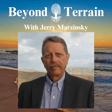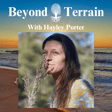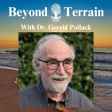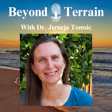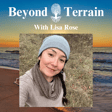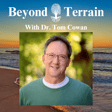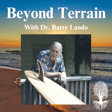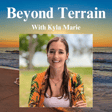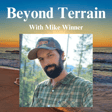
Derek Nance on Navigating the Health Field, Eating Nose to Tail, Broken Food systems, and the Terrain Model of Health
In this week's episode, we had Derek Nance as our guest! Derek has been on a raw meat diet for 13 years. He practices beyond organic living, harvests his own meat, eats nose to tail, and relies heavily on instinct and intuition for direction.
We started the conversation off by discussing the parameters of navigating the complicated field of what truly is healthy and how that has changed over time. The conversation flowed into discussing the interfering factors of health and how connecting to nature allows us to avoid these. We discussed how nose-to-tail eating, harvesting your own food, and connecting with your food source can help in connecting with nature. This snowballed into discussing the backward food system from farm to table. We continued the discussion talking about the environmentalism movement and how many are taken advantage of because of their big hearts and steered in the wrong direction.
In the second half of the discussion, we turned to talk about microbes, which included true sources of disease, pleiomorphism, what symptoms are, and how suppressing them leads to further disease. We finished with a few notes on the transhumanist agenda, which opened a short discussion on the necessity for struggle as humans and how comfort can be a trap!
I hope you enjoy the episode!
(Around 48 minutes, Derek's video is not aligned with his audio. Don't let this distract you from his wise words!)
Learn from me
https://www.instagram.com/beyond.terrain/
https://linktr.ee/beyondterrain
Support the Vision
https://www.buymeacoffee.com/beyondterrain
ETH: beyondterrain.eth
BTC: bc1qqwc470ktgj3l4myqxr5hq67rnlqys0qm98u6f0
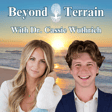
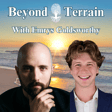
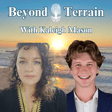
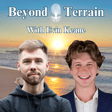
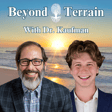
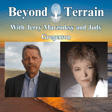
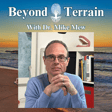
![DNA Doesn't Exist & Genomic Nonsense with Dr. Jerneja Tomsic [Part 2] image](https://media.zencastr.com/cdn-cgi/image/width=112,quality=85/image-files/652933f3a749dc383eb375de/ce5a5fd9-98c9-44fe-9b4b-3d0cd5abcf29.png)
